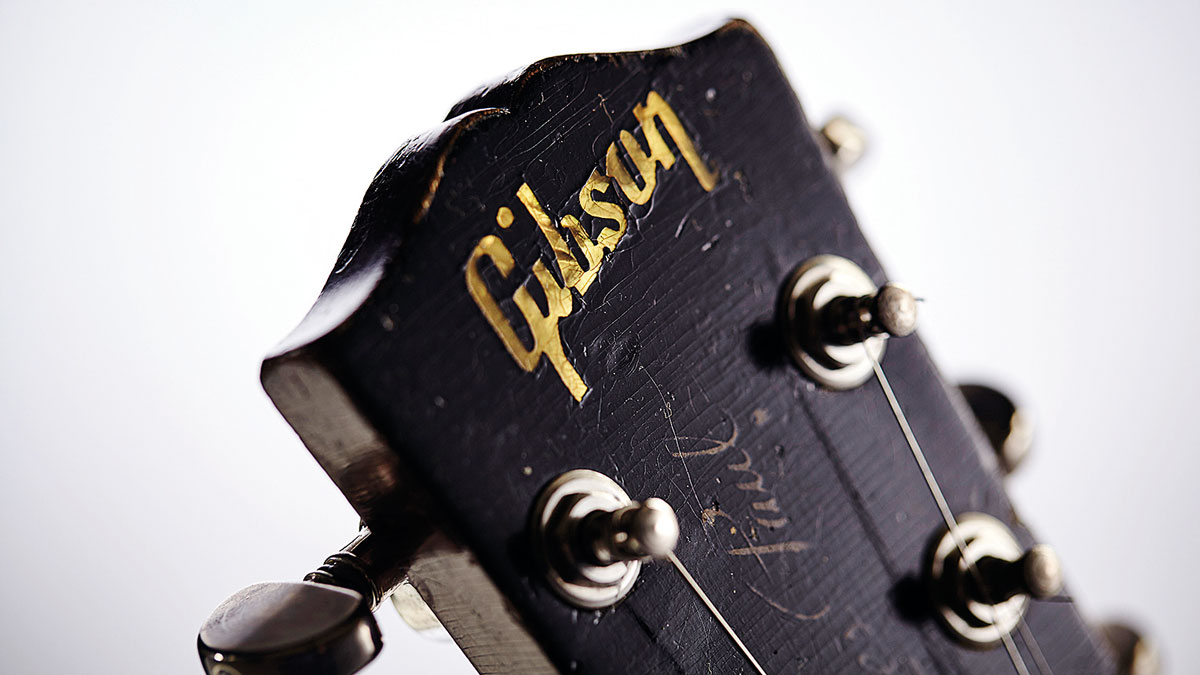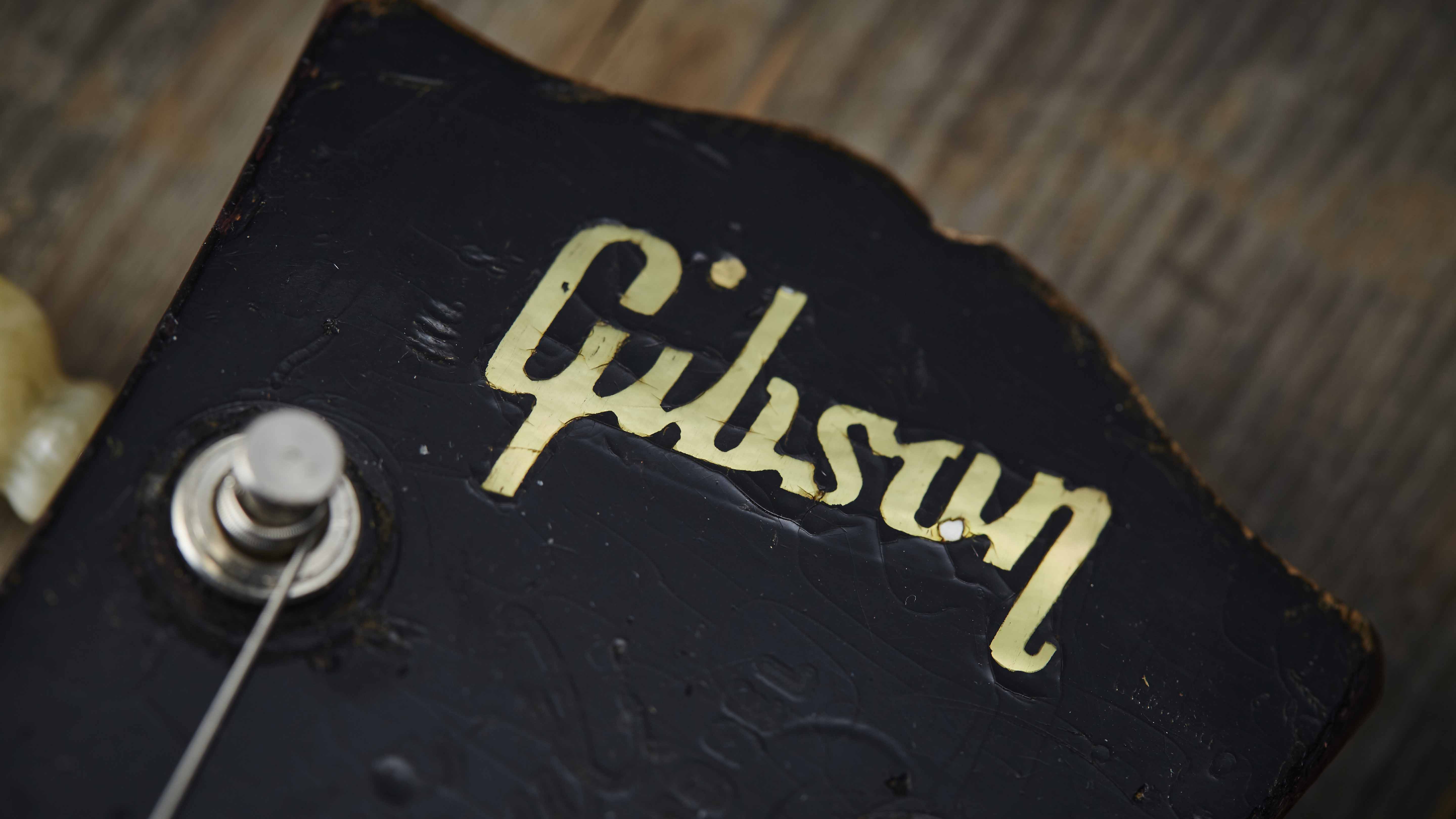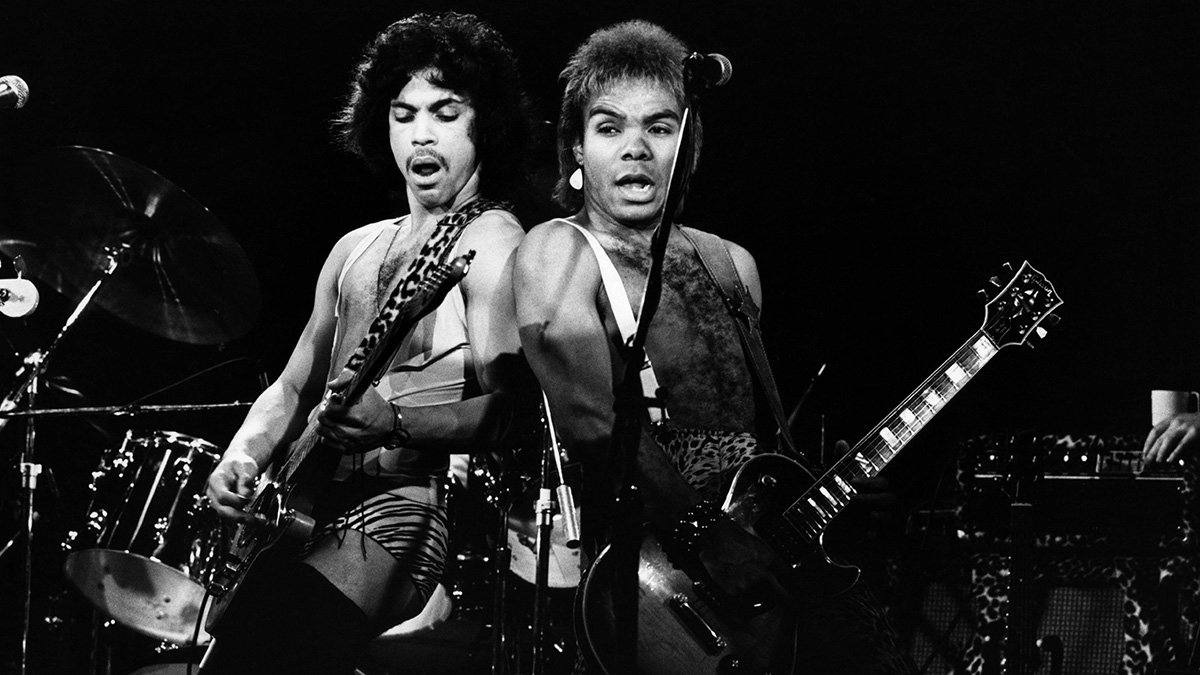Gibson files for bankruptcy
Legendary guitar company announces restructure, aims to sell off consumer electronics division

Gibson Brands has filed for bankruptcy, but devised a turnaround plan that will retain the guitars division and give lenders equal ownership of the company, replacing current stockholders, including controversial CEO Henry Juszkiewicz.
Papers submitted early on Tuesday morning in Delaware filed for Chapter 11 bankruptcy protection, and estimated the company is up to $500 million in debt; lenders have agreed to a short-term loan of up to $135 million to fund operations.
The restructuring will give lenders equity in a new company, and allow Gibson to “unburden” itself of its consumer electronics division (including the likes of Philips, TASCAM and Onkyo), which it has previously blamed for its financial difficulties.
The decision to re-focus on our core business, Musical Instruments, combined with the significant support from our noteholders, we believe will assure the company's long-term stability and financial health
Henry Juszkiewicz, Gibson CEO
According to Gibson's announcement, issued early on Tuesday 1 May, "Gibson will emerge from Chapter 11 with working capital financing, materially less debt, and a leaner and stronger musical instruments-focused platform that will allow the Company and all of its employees, vendors, customers and other critical stakeholders to succeed."
"Over the past 12 months, we have made substantial strides through an operational restructuring," said Henry Juszkiewicz, who will remain as CEO during the company's change of control.
"We have sold non-core brands, increased earnings, and reduced working capital demands. The decision to re-focus on our core business, Musical Instruments, combined with the significant support from our noteholders, we believe will assure the company's long-term stability and financial health.
"Importantly, this process will be virtually invisible to customers, all of whom can continue to rely on Gibson to provide unparalleled products and customer service."
Get the MusicRadar Newsletter
Want all the hottest music and gear news, reviews, deals, features and more, direct to your inbox? Sign up here.
A federal judge will be required to sign off on the plan, which is supported by 69% of the company's secured lenders.
The story so far

Initial rumblings of bankruptcy began as the guitar co announced plans to sell off its iconic Memphis factory back in October 2017, which was followed by a no-show at Winter NAMM in January, in order to focus on Gibson Brands' efforts at Las Vegas's Consumer Electronics Show.
By February, it was reported that Gibson was "running out of time - rapidly" to resolve its debt issues, and shortly afterwards, the company laid off senior staff at its Nashville Custom Shop. Gibson asset Cakewalk was sold to BandLab that same month.

In a series of interviews, CEO Henry Juszkiewicz blamed the company’s financial troubles on “problems with the guitar retail industry” and "purists", before acknowledging difficulties with the consumer electronics division.
"We got sort of a grab bag full of stuff," he admitted in March. "Some of it really did make sense, but some of it was very unprofitable."
Just last week, a $50 million lawsuit from Tronical - the German firm who built Gibson's G-Force automatic guitar tuning systems - piled further pressure onto the embattled guitar company, although Gibson is countering with a lawsuit of its own.
For the full story on Gibson’s troubles and how we think the company can return once more, have a read of our in-depth feature, Gibson: how did we get here?
Mike is Editor-in-Chief of GuitarWorld.com, in addition to being an offset fiend and recovering pedal addict. He has a master's degree in journalism, and has spent the past decade writing and editing for guitar publications including MusicRadar, Total Guitar and Guitarist, as well as a decade-and-a-half performing in bands of variable genre (and quality). In his free time, you'll find him making progressive instrumental rock under the nom de plume Maebe.
“We are so unencumbered and unbothered by these externally imposed rules or other people’s ideas for what music should be”: Blood Incantation on the making of Absolute Elsewhere and how “Data from Star Trek” saved the album – and the studio
“I feel like that song had everything we needed to come back with”: Bring Me The Horizon’s Lee Malia on Shadow Moses, its riff and the secrets behind its tone, and why it was the right anthem at the right time












